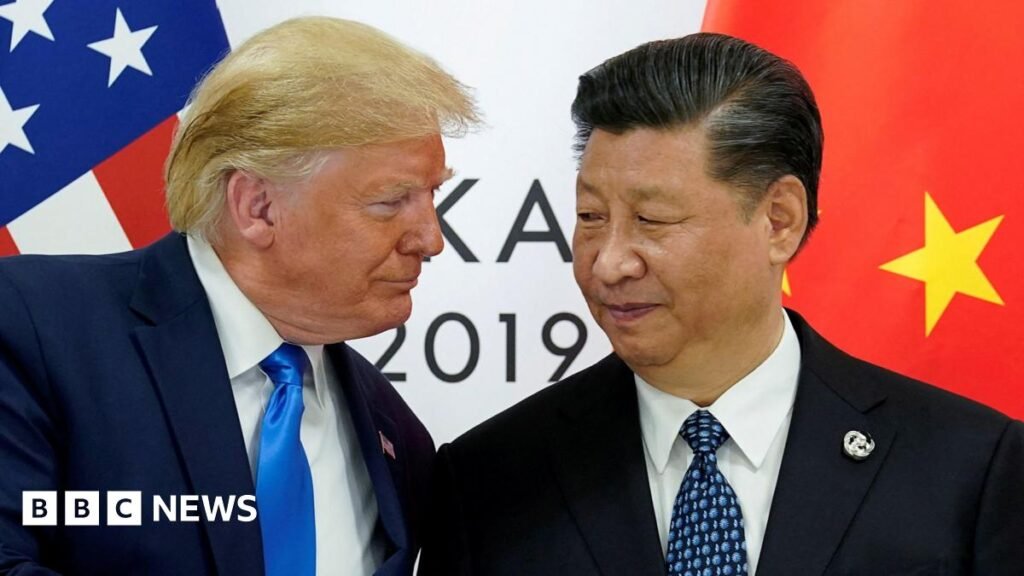Trump has praised Xi at times, but has also been highly critical of China. He has promised to sharply increase tariffs on imported Chinese goods when he takes office next month.
In October, Trump told podcaster Joe Rogan, “He controls 1.4 billion people with an iron fist. I mean, he’s a brilliant guy whether you like it or not.’
A number of Trump’s cabinet nominees, including Secretary of State nominee Marco Rubio and National Security Adviser Mike Waltz, have been sharply critical of the Chinese government.
The Chinese government imposed sanctions on Rubio and banned him from entering the country in 2020.
Waltz called on the United States to urgently end the conflicts in Ukraine and the Middle East in order to “counter the greater threat from the Chinese Communist Party.”
US intelligence agencies recently said that China was behind the hacking of eight major US telecommunications companies. According to the White House, hackers may have accessed the data of millions of Americans.
After winning re-election last month, Trump met with a number of foreign leaders, including Canadian Prime Minister Justin Trudeau, Argentine President Javier Millais and French President Emmanuel Macron, who invited Trump to Paris for the restoration of Notre Dame Cathedral.
Although diplomats and ambassadors are usually present at presidential inaugurations, according to US State Department records, dating back to 1874, a foreign leader has never attended a US presidential inauguration.
Leavitt said that other foreign leaders have been invited to the inauguration, which will take place in Washington on January 20, but did not specify which ones.
The BBC has contacted Chinese officials and President Trump’s transition team for comment.

